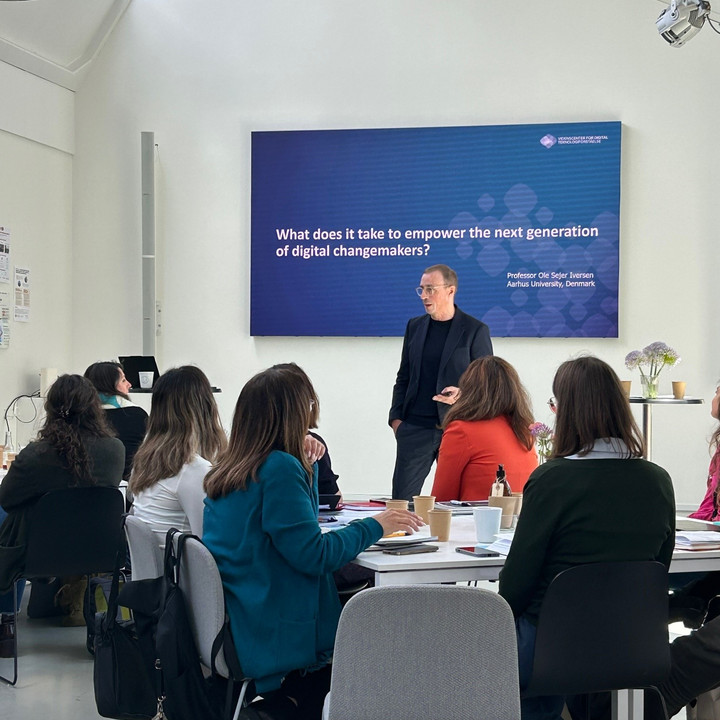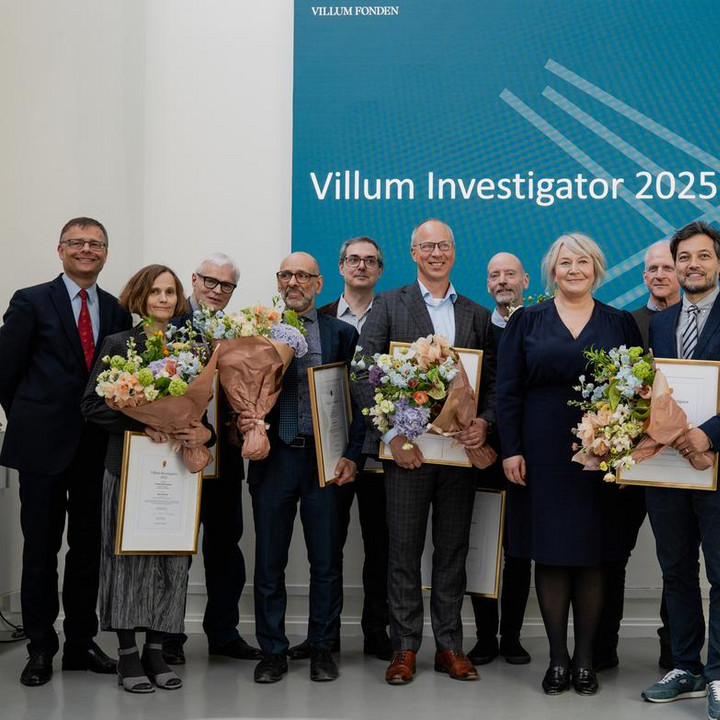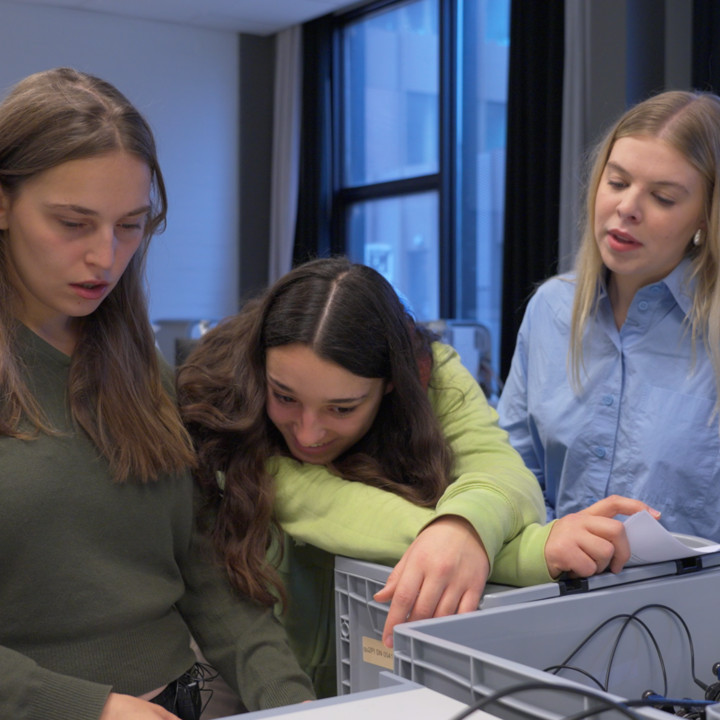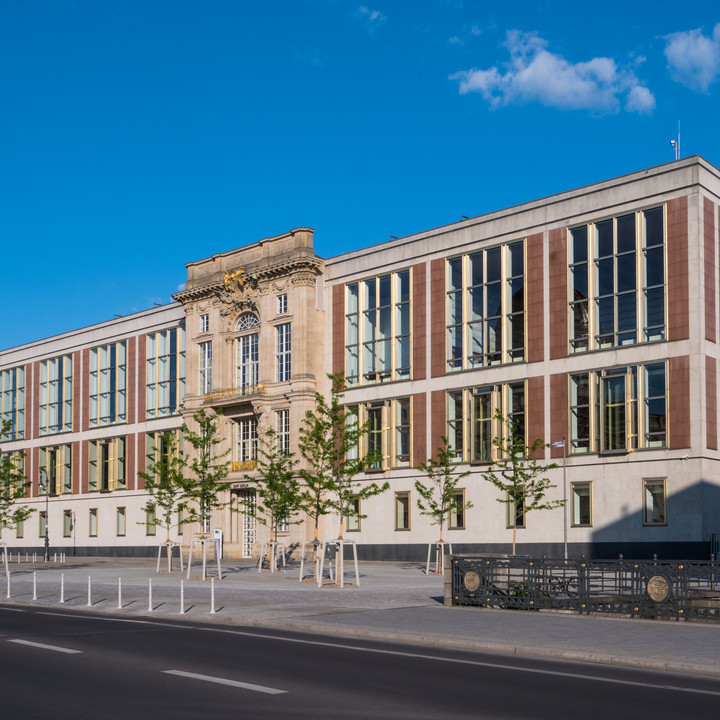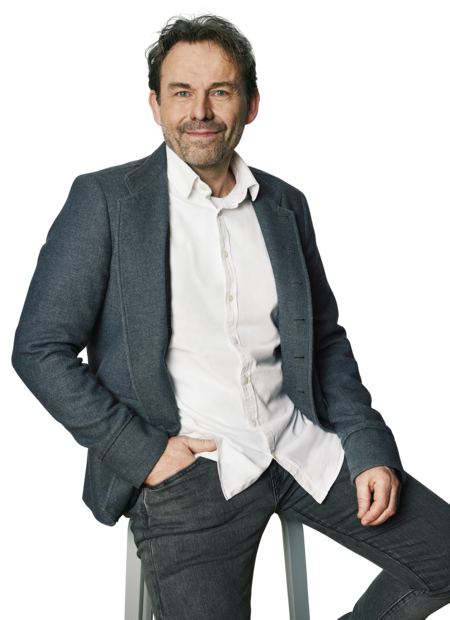After-school science activities: StreetSTEM, lake studies and stargazing
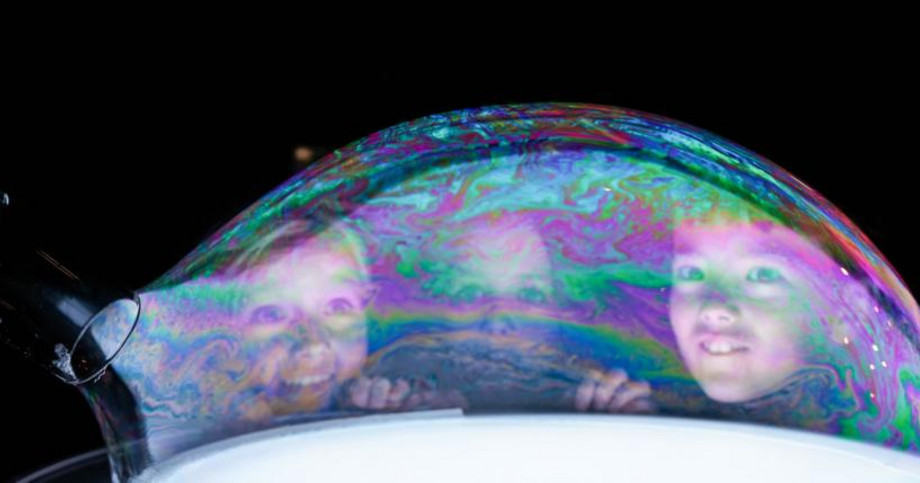
After-School Science Activities is one of VILLUM FONDEN’s focus areas in the grant area Children, Youth and Science. This grant area supports concrete solutions and national initiatives designed to boost children’s scientific capital.
When the corona restrictions ease and children and young people resume their leisure activities, they will have new offers in the form of after-school science activities (Science i fritiden).
Eight projects around the country will offer cool science activities for children and young people and their families. Maybe you’d like to try STEM street sports and learn some slick moves and the science behind them? Or study the stars in a mobile observatory? Or go on a nature mission with your friends and “rewild” everyday outdoor areas? Over the next two years, a wide variety of activities will be offered to thousands of children and young people.
There will also be lots of activities for families. These are key to generating more enthusiasm for science and technology among children and young people. And hundreds of families will explore and play with science in science clubs and at the Experimentarium in Copenhagen, participate in citizen science activities and help researchers gain important knowledge about nature.
Experiences boost scientific capitalVILLUM FONDEN is awarding a total of DKK 24 million for the eight projects. The grants will allow some of the after-school organisations and institutions that are already in touch with young people to stimulate interest in science and technology:
“The goal of our After-School Science Activities initiative is to give more children, young people and their families access to fun and educational leisure experiences that bring science and technology into their everyday lives. All eight projects will create inspiring and eye-opening activities that boost children's ‘scientific capital’ – that is, their knowledge, understanding and experiences of science and technology,” says Head of Programme Agi Csonka from VILLUM FONDEN’s grant area for Children, Youth and Science.
Project: Nature Agents, organised by the Danish Society for Nature Conservation, DKK 4,980,000.
Together with the organic farming association Praktisk Økologi, the Society for Nature Conservation will help “nature agents” aged 6-12 from after-school clubs and scout groups to go on important missions in nature close to where they live. On six missions in six weeks, children will actively learn more about how to “rewild” some of the outdoor areas they encounter in their everyday lives.
Among other things, the children will build insect hotels, create ponds and submit data on biodiversity. The project aims to capture and increase children’s interest in nature and give them new scientific knowledge that can inspire them to enhance biodiversity. The project will acquaint them with scientific methods and give them experience with construction, innovation and outdoor experiments.
As part of the project, information for the adult participants will be collected and the project material will be shared via school services, websites, newsletters, etc.
Stargazing in after-school clubs in HolbækProject: Science in After-School Clubs, organised by Holbæk Municipality in Brorfelde Observatory, DKK 4,545,250
In Holbæk Municipality, a mobile observatory filled with science experiences will travel between the municipality’s 18 after-school clubs between 2022 and 2025. The project is being developed and run from the science discovery centre at the Observatory in Brorfelde. Each after-school club will be visited four times a year, and the children will take part in activities based on biology, astronomy and geology. Equipped with flippers, telescopes and microscopes, and together with dedicated nature guides, the children will be motivated to see their familiar schoolyard in new ways – from the busy ants in the grass to how we travel through the universe.
The families of the children who have visited the mobile observatory will be invited to participate in Brorfelde Observatory’s family club, which will offer family activities.
The project will stimulate an early enthusiasm for science by making it a fun part of children’s everyday lives and showing how exciting and important it is to our lives
Children from Ishøj learn about animals at the ZooProject: After-School ZOOscience, organised by Copenhagen Zoo, DKK 634,000
Copenhagen Zoo is working with Ishøj Municipality and University College Copenhagen on developing leisure activities to help children in Ishøj learn about animals and nature through investigations and experiments. The project will run for 22 months and is aimed at children in Ishøj Municipality who lack new and different challenges.
Under the four headings “On the Wing”, “From North to South”, “Experiments in Sound” and “When Small Becomes Even Smaller”, the children will participate in activities for 4-5 days in their spare time - both in the Zoo and at Ishøj Municipality’s Nature Centres.
After each day, the children will be able to take something home to their families, and during the project period two family days will be held where the children will pass on experiences and important knowledge to their families.
400 families play and explore at the ExperimentariumProject: Families at the Experimentarium, organised by the Experimentarium science centre, DKK 4,636,750
In collaboration with Rødovre Municipality and Gentofte Municipality, The Experimentarium will invite 400 families with children aged 6-12 to take part in specially developed programmes, where they will explore and play with science and technology.
The participating families will take part in a six-month programme that includes five visits to the Experimentarium with themed workshops and activities. Along the way, the families will be introduced to five methods of scientific enquiry - “Observation”, “Trial and Error”, “Ask”, “Read and Search”, and “Experiments and Models” - and acquire tools for understanding how science works.
The first programmes will take place in spring 2022, and the project will run until 2025.
3,000 children and young people gather important knowledge about lakesProject: After-School Lake Ecology and Citizen Science, organised by the University of Southern Denmark, Odense, DKK 3,447,480
In collaboration with after-school clubs, nature schools, libraries and voluntary associations, the University of Southern Denmark (SDU) invites children and young people to learn more about water quality and plant and animal life in Danish lakes and ponds. In their spare time, children and young people will act as little freshwater biologists and contribute data and facts about the wildlife and water quality in the lakes.
The project consists of four main activities: The libraries will lend out 20 sets of “lake suitcases” containing equipment and guides to after-school clubs, associations and nature guides. Also, “lake camps” will be organised in collaboration with the after-school clubs and nature schools. Participants can book a researcher from SDU to act as a guide to the local environments, and in the citizen science activity “Find a Lake”, children, young people and families equipped with a freezer bag, a mobile phone, a pen and rubber boots can help researchers take water samples.
The project will run until 2025 and around 3,000 children and young people are expected to take part. The newspaper Fyns Stiftstidende will help spread awareness of the project, which will also have a channel on YouTube and social media profiles.
Science-based street sportsProject: STREET MIX: STEM street sports activities for children and young people, organised by GAME Denmark, DKK 1,586,300
The purpose of this project is to design and carry out street sports activities with scientific content for children and teens. It will be linked to two existing “street meccas” in Copenhagen and Viborg. The aim is to create interest in science among young people aged 10-15.
Street sports instructors will be trained to plan and facilitate STEM street sports activities for the target group. 50 children and young people will participate in the development process, and 600 children and young people will take part in the activities during the project period. The project will include a diverse group of children and young people of both sexes and different ethnic and socio-economic backgrounds, and the organisers will work to ensure that 50% of the participants are girls.
The project will be run by the non-profit organisation GAME, together with the associations High5girls, Ungdommens Naturvidenskabelige Forening (the Youth Science Association) and GoZebra.
Science club for familiesProject: Science Club for Families, organised by the Science Club, DKK 3,751,000
The Science Club will organise science-related activities for children aged 9-13 and their families. The families will meet experts, researchers, volunteer secondary school pupils and university students, who will guide them through scientific activities involving experiments, practical exercises, observations and data processing in a fun and investigative way. Subjects can include, for example, microbes, primates or biodiversity. The activities will include experiments and practical exercises that the families can continue at home.
The project will run until 2024 and the organisers expect to complete 68 sessions with approximately 2,500 participants during the project period - spread across the country.
Science club for children and young people on BornholmProject: NaturBornholm’s Science Club, organised by Den Erhvervsdrivende Fond Naturbornholm, DKK 680,000.
A science club for children and young people aged 10-15 will be set up at the nature centre on Bornholm. The club will run science-based activities for interested children in 10 science camps in 2022 and 2023.
The activities will take place at NaturBornholm’s facilities in Aakirkeby and will be supplemented by field activities. Club members will get close to nature in the landscape, forests, meadows, fields, coasts, streams and lakes and will be involved in specific nature projects and climate efforts that can bring about positive change. The science club works with citizen science, in this case children and young people participating in specific research projects, such as registration tasks or nature conservation projects.
